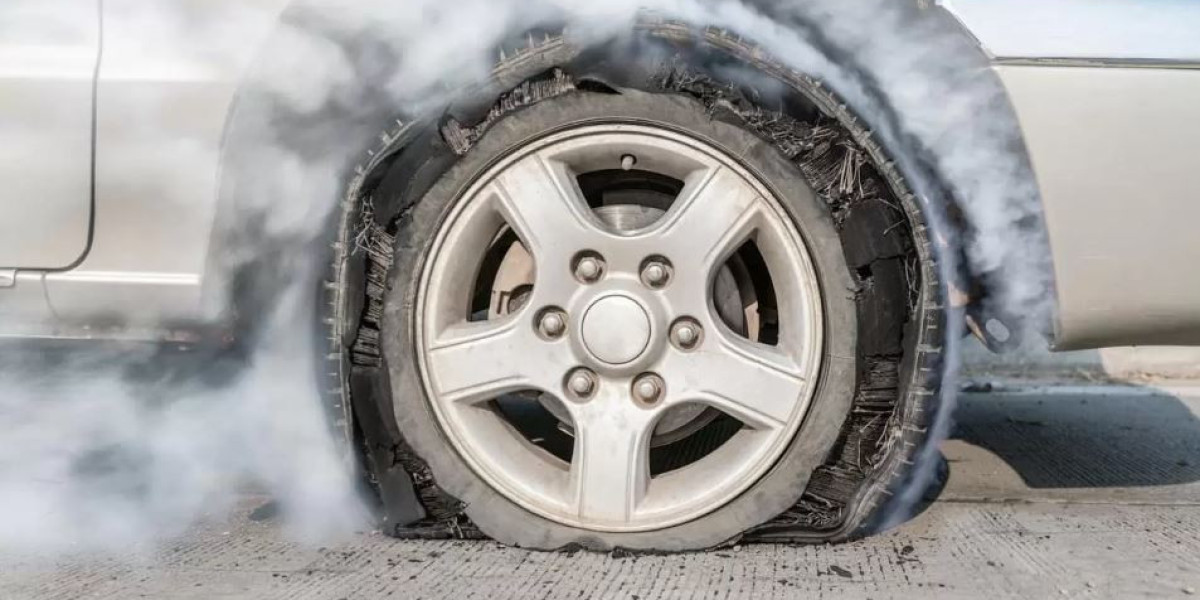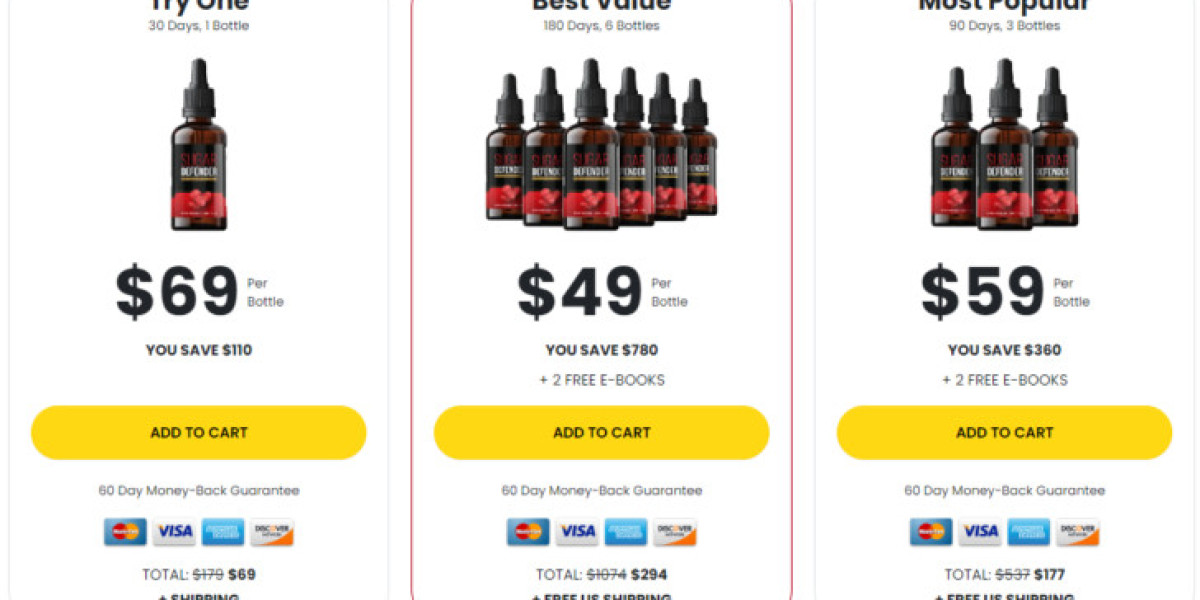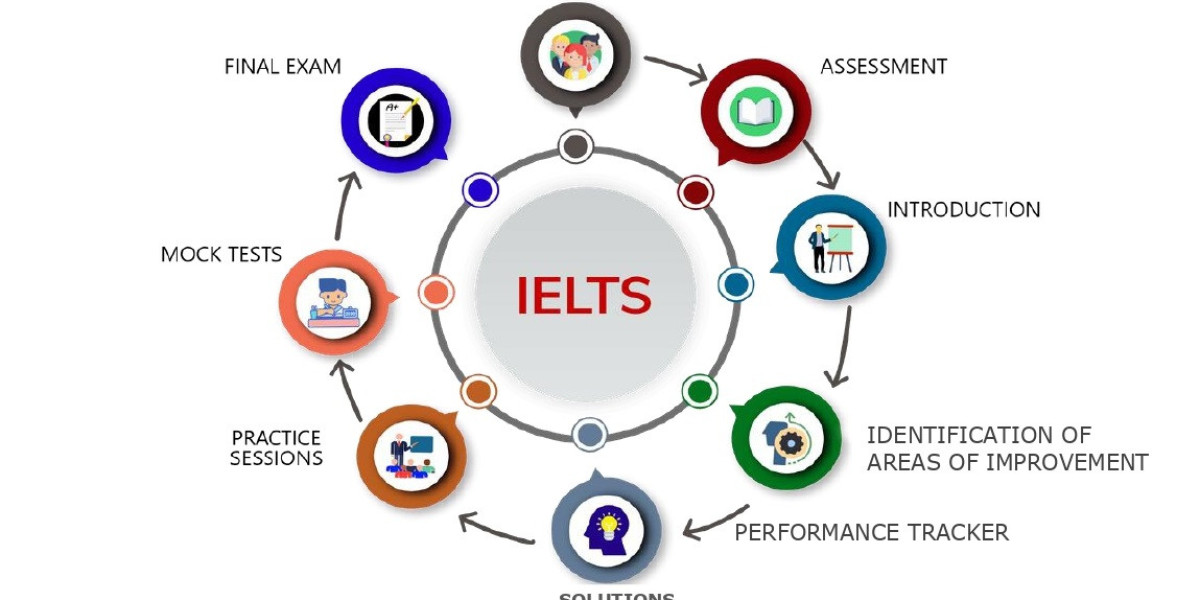Air pollution isn't just a threat to our lungs; it can also significantly impact the performance and lifespan of your car. Exhaust fumes, dust, and other airborne contaminants can wreak havoc on your engine and various car systems. This blog post by Cash For Cars in Caboolture explores how air pollution harms your car and provides essential maintenance tips to mitigate its effects, keeping your vehicle running smoothly and efficiently.
The Enemy Within: How Air Pollution Infiltrates Your Car
Air Intake System: Your car's air intake system draws in air to feed the engine combustion process. However, this air isn't always pristine, especially in polluted environments. Dust, soot, and other airborne particles can enter the engine through the air filter, potentially causing wear and tear on internal components.
Clogged Filters: Dirty air filters become clogged, restricting airflow to the engine. This reduces combustion efficiency, leading to decreased power output and increased fuel consumption. A clogged air filter also forces the engine to work harder, potentially accelerating wear and tear.
Sensor Issues: Modern cars rely on various sensors to monitor engine performance and adjust functions accordingly. Air pollution can contaminate these sensors, affecting their accuracy and potentially leading to engine malfunctions or decreased fuel economy.
Corrosion Concerns: Airborne pollutants can accelerate corrosion on various car parts, including electrical components, battery terminals, and even engine components. This can lead to electrical problems, difficulty starting the car, and even engine issues in severe cases.
Combating the Enemy: Essential Maintenance Tips
By following these maintenance tips, you can minimize the impact of air pollution on your car's performance and longevity:
Regular Air Filter Changes: Replacing your air filter regularly, typically every 12,000 to 15,000 kilometers (7,500 to 9,000 miles), or more frequently in heavily polluted environments, ensures optimal airflow to the engine.
Clean the Air Intake System (Optional): In areas with particularly high levels of air pollution, consider having your car's air intake system professionally cleaned periodically. This removes accumulated dirt and debris that might not be caught by the air filter alone.
Sensor Inspection: During routine maintenance checks, request that a mechanic inspect your car's sensors for signs of contamination. Cleaning or replacing sensors, if necessary, can help ensure optimal engine performance and fuel efficiency.
Battery Care: Corrosion on battery terminals can hinder starting and electrical performance. Regularly clean the battery terminals with a baking soda and water solution to remove any accumulated corrosion. Applying a petroleum jelly coating to the clean terminals can help prevent future corrosion.
Undercarriage Protection: Consider an undercarriage wash periodically, especially after driving through areas with heavy dust or debris. This can help remove accumulated dirt and grime that might accelerate corrosion on exposed components.
Fuel System Maintenance: Using high-quality fuel and following the manufacturer's recommended fuel system cleaning schedule can help keep your fuel injectors clean and prevent clogging caused by airborne contaminants present in some fuels.
Driving Habits for a Healthier Car
In addition to maintenance, your driving habits can also influence how air pollution affects your car. Here are some tips:
Minimize Idling: Excessive idling wastes fuel and exposes your engine to unnecessary pollutants. Avoid long periods of idling, especially during traffic jams, whenever possible.
Use High-Quality Fuel: Using fuel with higher detergent content can help keep your engine cleaner and minimize the effects of pollutants on fuel system components.
Plan Your Route: If possible, try to avoid heavily polluted areas during peak traffic times. Take alternate routes with less congestion whenever possible.
Highway Runs: Taking occasional highway runs at higher speeds can help clear out any accumulated soot or debris from the engine and exhaust system. This can be particularly beneficial for cars driven primarily in congested city environments.
visit: https://getcashforcarz.com.au/
By following these maintenance tips and adopting mindful driving habits, you can significantly reduce the impact of air pollution on your car's performance and lifespan. Remember, a well-maintained car is not only more fuel-efficient and reliable, but it also emits fewer pollutants, contributing to a cleaner environment for everyone.








